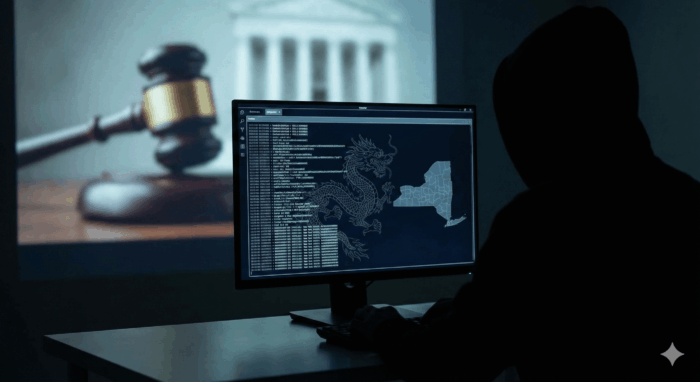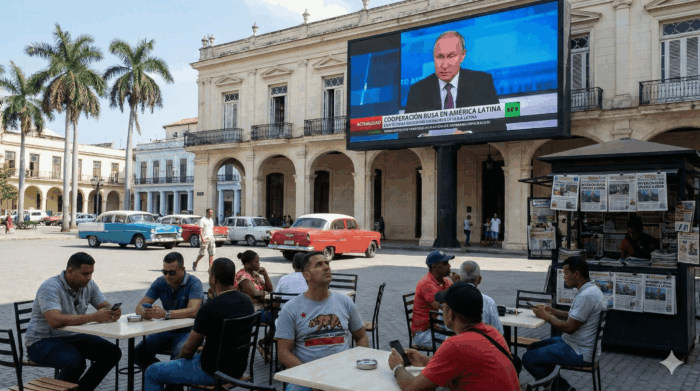As the Global Influence Operations Report (GIOR) reported earlier, the US Department of Homeland Security has released its October 2020 “Homeland Threat Assessment” which contains a short paragraph about Iranian influence operations. This paragraph is centered on Iranian role in spreading what are called “false narratives” concerning the COVID-19 pandemic. According to the DHS report:
Iranian online influence actors are employing inauthentic social media networks, proxy news websites, and state media outlets to amplify false narratives that seek to shift responsibility for the COVID-19 pandemic to the United States and other Western nations. Tehran probably will continue to malign the United States for enforcing economic sanctions, arguing these sanctions hinder Iran’s ability to put forward an appropriate public health response to the pandemic. Iranian actors have spread COVID-19 disinformation and false narratives through videos, cartoons, and news stories from state media outlets on popular social media platforms to appeal to U. S. and Western audiences. Iranian operatives have covertly used proxy networks and sites to advance narratives suggesting that the United States created the virus as a bioweapon, that Western media is spreading lies about COVID-19 in Iran, and that the Iranian response to the pandemic was better than that of the United States.
The DHS report also goes on to predict that Iranian influence operations will continue throughout 2020:
The DHS report also goes on Iran will continue to promote messages supporting its foreign policy objectives and to use online influence operations to increase societal tensions in the United States. Tehran most likely considers the current U. S. Administration a threat to the regime’s stability. Iran’s critical messaging of the U. S. President almost certainly will continue throughout 2020.
Conspicuously absent in the DHS report, and for unclear reasons, is any mention of Iranian-linked operations influence targeting US elections. GIOR reported earlier this week that an Iranian hacker group known as Phosphorus has continued to attack the personal accounts of people associated with the Donald Trump Presidential campaign. As noted in that report, an analysis by the United States Institute of Peace (USIP) said Phosphorous was behind an October 2019 failed attempt to breach accounts connected with President Trump’s re-election campaign as well as the accounts of journalists and US officials. The GIOR report also cited a US National Security Agency election security specialist reportedly said during a recent panel that “Iran is also getting into the influence game…and is learning from what other adversaries are doing.” A Reuters investigation has found more than 70 websites that push Iranian propaganda to 15 countries, in an operation that Reuters says cybersecurity experts, social media firms and journalists are only starting to uncover.









